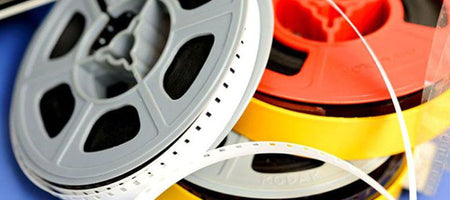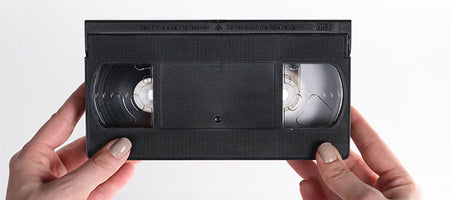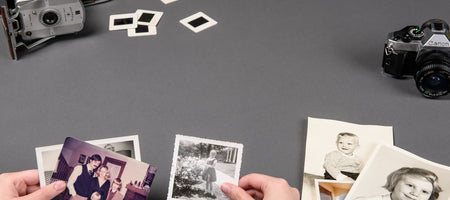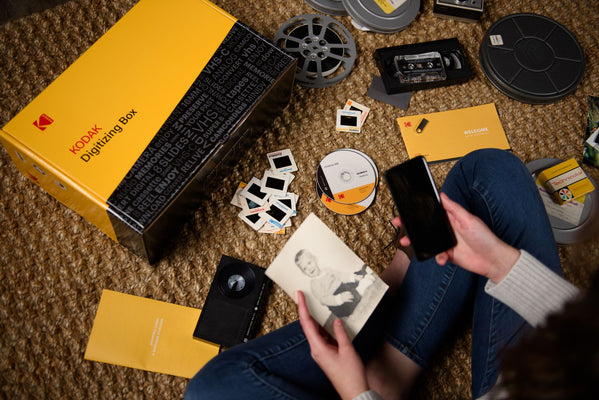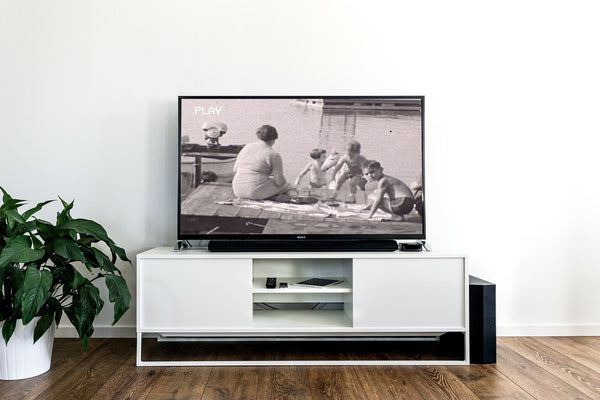Film has been in used now for more than one hundred years, and its invention is one that remains remarkable and interesting to this day.
The basic ideas which produced the first photographs and motion pictures are what has led us to the huge industries that are photography and filmmaking in today’s world.We have those notions to thank for all the home movies and photos that we so enjoy looking at as well as the major motion pictures we flock to theaters to watch.
While we have many thanks to give to the inventors of film, perhaps a better show of gratitude would be to learn about how film works. It’s crazy that while we have all interacted with film at some point, many of us have no idea how it works. Let’s dig into the technology behind film and learn more about its world-changing innovation.
How It’s Made
Motion pictures are recorded on strips of a plastic film base, with one side coated in a gelatin emulsion that contains tiny silver halide crystals smaller than the human eye can see. When these silver halide crystals are exposed to light through a camera lens, the gelatin emulsion on the plastic film darkens in the pattern of whatever image the camera captured, forming an invisible image on the film. The image can become visible through development with chemical baths, producing a photograph. In a strip of motion picture film, each movement is recorded through individual photographs in frames. When played at a certain speed, the photos produce moving images. These strips of motion picture film can be contained on film reels which can then be positioned on a projector and played for an audience to view.
Sound on Film
Sound is recorded onto film by the variable-area soundtrack process (or SVA). In this process, the sound is recorded in a transparent line along the length of the motion picture film. The line varies in width according to the sound frequency recorded. As the film passes through the line where the sound is recorded, an exciter lamp shines bright light along the line which passes through the film onto a photodetector. The photodetector changes the light to an electrical current and sends the current to a pre-amplifier, which boosts the signal of the current. The current is then sent to an amplifier, and finally to a speaker where the sound is produced.
The Legacy of Film
We hardly think about how our photographs are processed or how our home films are created, yet its such an interesting process to learn about. Without the sharp minds which produced these technologies, we wouldn’t have all the recorded memories of our lives on film or any of our favorite movies. The invention of film has had an enormous impact on the way in which we live our lives by changing the entertainment industry and making us more nostalgic and sentimental through the creation of home movies. While digital media is the reigning format today, film is still widely used and will likely continue to be for many years to come.

